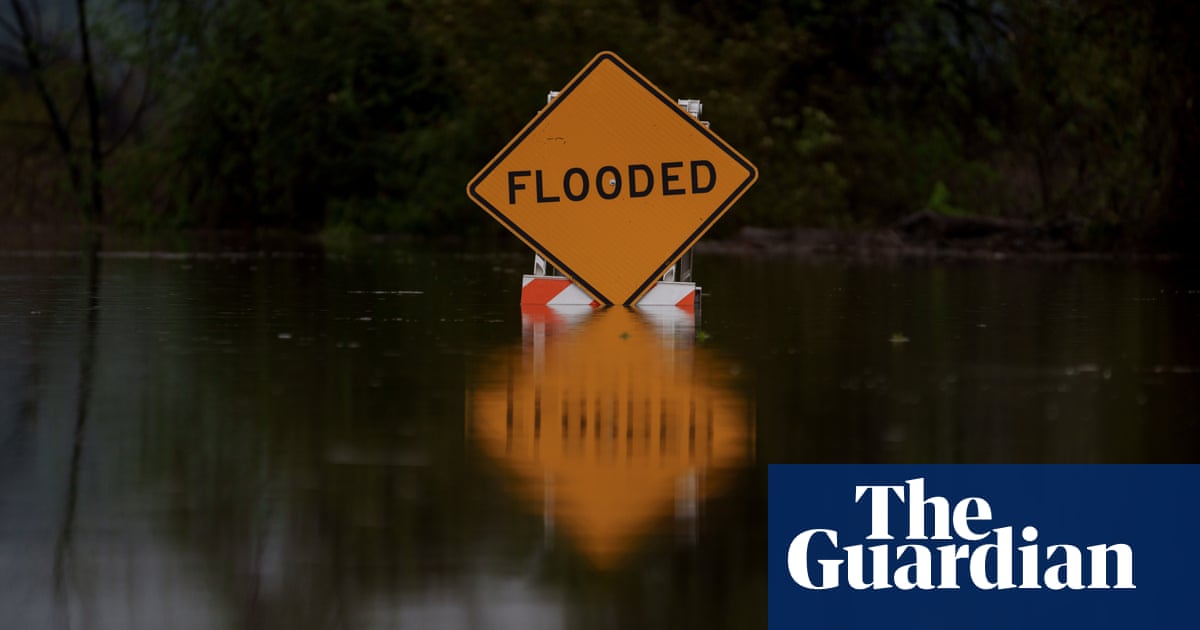- cross-posted to:
- [email protected]
- cross-posted to:
- [email protected]
Plan to break up Noaa claims its research is ‘climate alarmism’ and calls for commercializing forecasts, weakening forecasts
Climate experts fear Donald Trump will follow a blueprint created by his allies to gut the National Oceanic and Atmospheric Administration (Noaa), disbanding its work on climate science and tailoring its operations to business interests.
Joe Biden’s presidency has increased theprofile of the science-based federal agency but its future has been put in doubt if Trump wins a second term and at a time when climate impacts continue to worsen.
The plan to “break up Noaa is laid out in the Project 2025 document written by more than 350 rightwingers and helmed by the Heritage Foundation. Called the Mandate for Leadership: The Conservative Promise, it is meant to guide the first 180 days of presidency for an incoming Republican president.
The document bears the fingerprints of Trump allies, including Johnny McEntee, who was one of Trump’s closest aides and is a senior adviser to Project 2025. “The National Oceanographic [sic] and Atmospheric Administration (Noaa) should be dismantled and many of its functions eliminated, sent to other agencies, privatized, or placed under the control of states and territories,” the proposal says.
That’s a sign that the far right has “no interest in climate truth”, said Chris Gloninger, who last year left his job as a meteorologist in Iowa after receiving death threats over his spotlighting of global warming.



Michael Lewis wrote an interesting book on this, published as an audio-book in 2018, called The Coming Storm (https://www.goodreads.com/book/show/41016100-the-coming-storm). It’s well worth the listen: